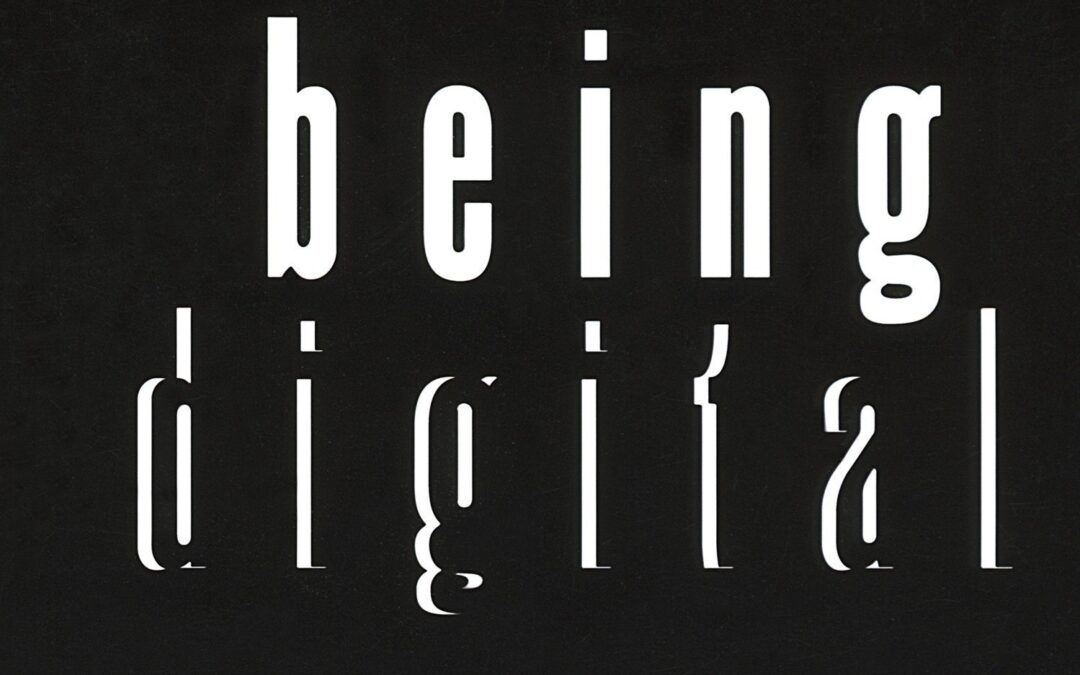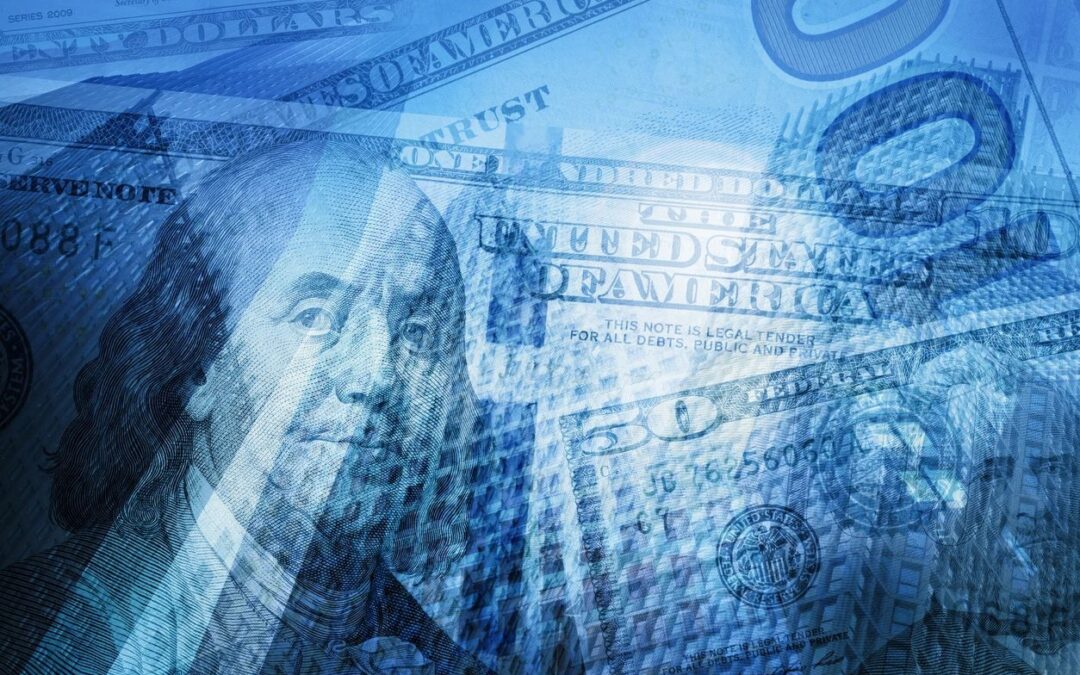
Being Digital
“Being Digital,” the groundbreaking book by Nicholas Negroponte described what happens to a global economy when all assets can be digitized. Presciently predicting the impact on music, film, retailing, and commerce in general, Negroponte intuitively understood the disruption and the creative/destruction that would be unleashed when a globalized infrastructure could deliver all products and services, including assets and intellectual property, instantly via a worldwide digital infrastructure and network.
The same “digital” effect is impacting global finance today. Now, all financial assets are “being digitized” and can be delivered instantly on a global infrastructure, fundamentally upsetting the world’s largest industry with unprecedented creativity and destruction.
Crypto assets are the manifestation of that digital form. While there is debate about whether or not an asset can truly be “digital,” the market has spoken. While there will be continued volatility, speculation, creation, and destruction, a digital platform for financial transactions ranging from the simple transfer of funds to complex financial transactions, investment, and lending are here, disrupting a multiple trillion-dollar industry.

It’s a Crypto Asset, Not a Cryptocurrency
Bitcoin is an innovative, rapidly expanding network for storing and exchanging value among investors.If it’s an asset, does it have an inherent value, like gold? Arguments about “inherent value” are, and always will be, meaningless. Is there really some kind of “inherent value” in gold? We just decided it was valuable to us. The same is happening with Bitcoin.
It’s a cryptoasset that has the safe haven characteristics of gold and will potentially compete with it for a place in portfolios. Bitcoin is not a currency and will not be adopted as a new medium of exchange. It is not a stable store of value, nor can it be easily transmitted and exchanged for any good or service at a consistently predictable value. But, that’s not important from an investor’s perspective. Bitcoin remains incredibly volatile, and its correlation with other major assets has been inconsistent, but allocations are seen as suitable among an increasing number of investment professionals, and, increasingly, it is seen as an alternative investment equivalent to a derivative or other call options, given the potential for spectacular returns. The downside is well-defined while the upside can be asymmetric and significant.

Digital Assets – Terror and Opportunity
A trading floor in every pocket looking for disruptive investment opportunities charging forward with an out-of-control abandon toward cryptocurrency. This is a sideshow to the most important development. It’s decentralized finance, a powerful emerging force in...Digital Assets – Terror and Opportunity
A trading floor in every pocket looking for disruptive investment opportunities charging forward with an out-of-control abandon toward cryptocurrency. This is a sideshow to the most important development. It’s decentralized finance, a powerful emerging force in...
Cryptocurrency and Digital Assets: Terror and Opportunity
Cryptocurrencies Hit New Highs. Should we be terrified?
Probably.
Bitcoin, Ether and, the most recent joke, frenzy, and punch line, Dogecoin, have increased 10x to 20x over the last 12 months. A spectacular return, but can it last?
Probably not.
The forces driving the eye-watering returns are the same as those that drove the insanity behind GameStop: the equivalent of a trading floor in every pocket funded with excess cash looking for disruptive investment opportunities and charging forward like an out of control herd – or lemmings – however you want to envision it. Cryptocurrency became the overwhelming target of Reddit day traders and mobs. Social media influencers, led by various forms of PT Barnum imitators like Elon Musk and many less sophisticated contributors, combined with the public listing of Coinbase to create a massive rally
Despite making inroads, Bitcoin and other digital currencies are still only a tool for speculators. There is no prospect of stable value enabling the fair exchange of assets for goods and services. It is a store of value, but much like any speculative asset, it can be a store value that fluctuates wildly.
That is not to say that some speculative assets, whether they be works of art, sports cars, or digital currencies can’t ultimately have long-term value and generate excellent investment returns. But digital coins are only one part of the digital asset platform, and will most likely prove to be a sideshow. The real opportunity for value creation, sustainability, and appreciation is the right business model and digital platform for the creation of digital assets that are easily and securely exchanged

Digital Central Banks
Because bureaucratic governments handle innovation so well. Initiative, savvy, luck, circumstance, and convolution have taken over currencies – at least digital creations purporting to be currencies. Not to be outdone, here come central bank digital coins...Digital Central Banks
Because bureaucratic governments handle innovation so well. Initiative, savvy, luck, circumstance, and convolution have taken over currencies – at least digital creations purporting to be currencies. Not to be outdone, here come central bank digital coins...
